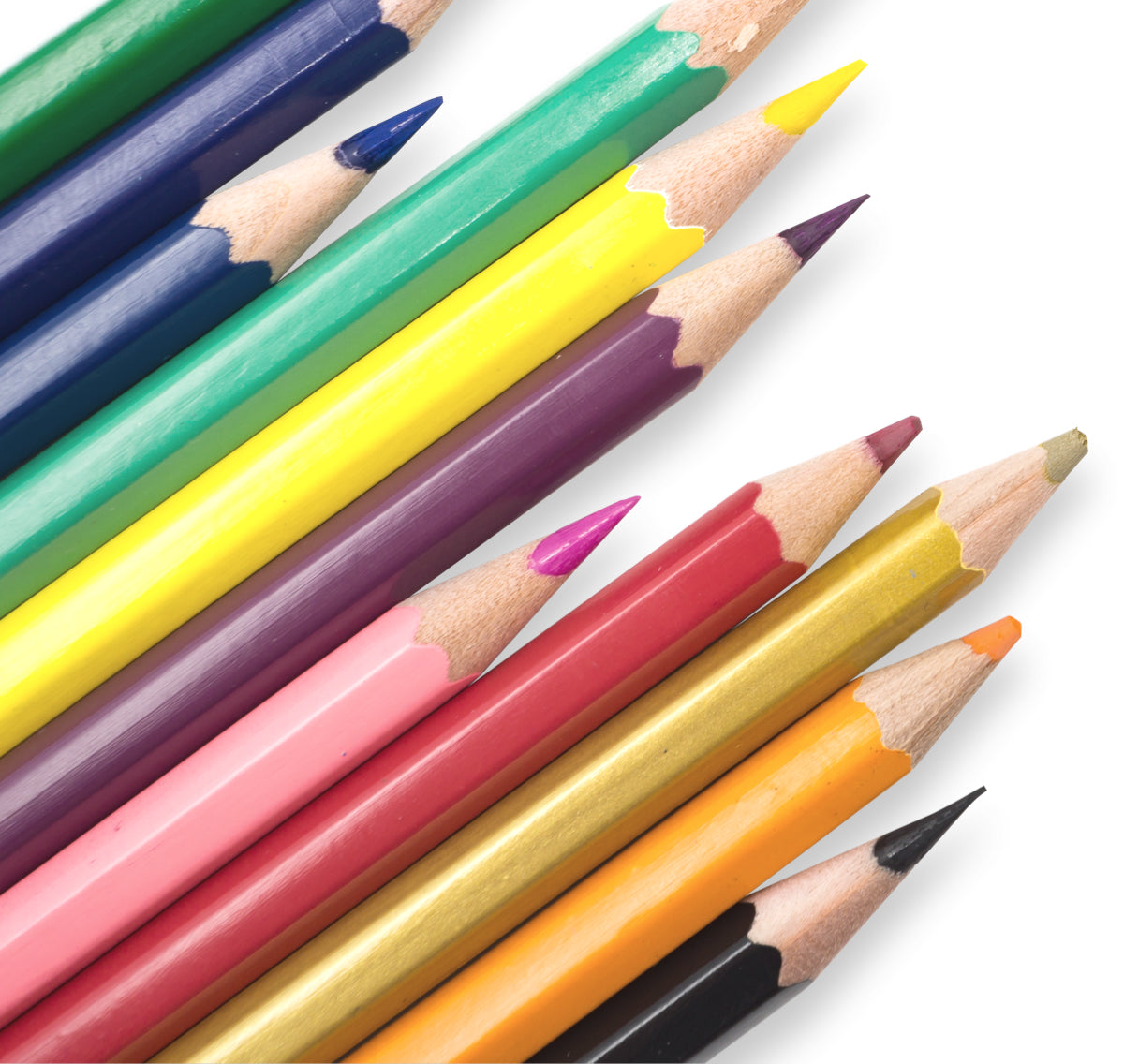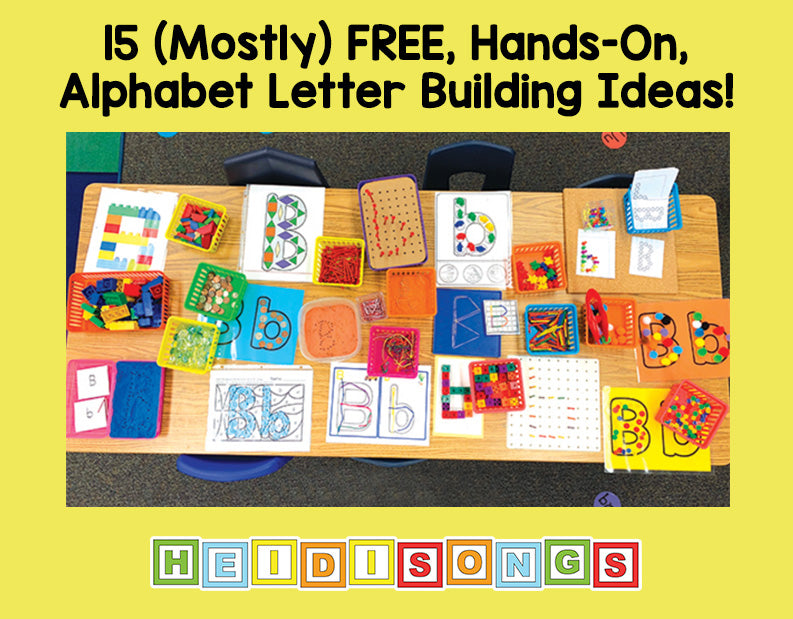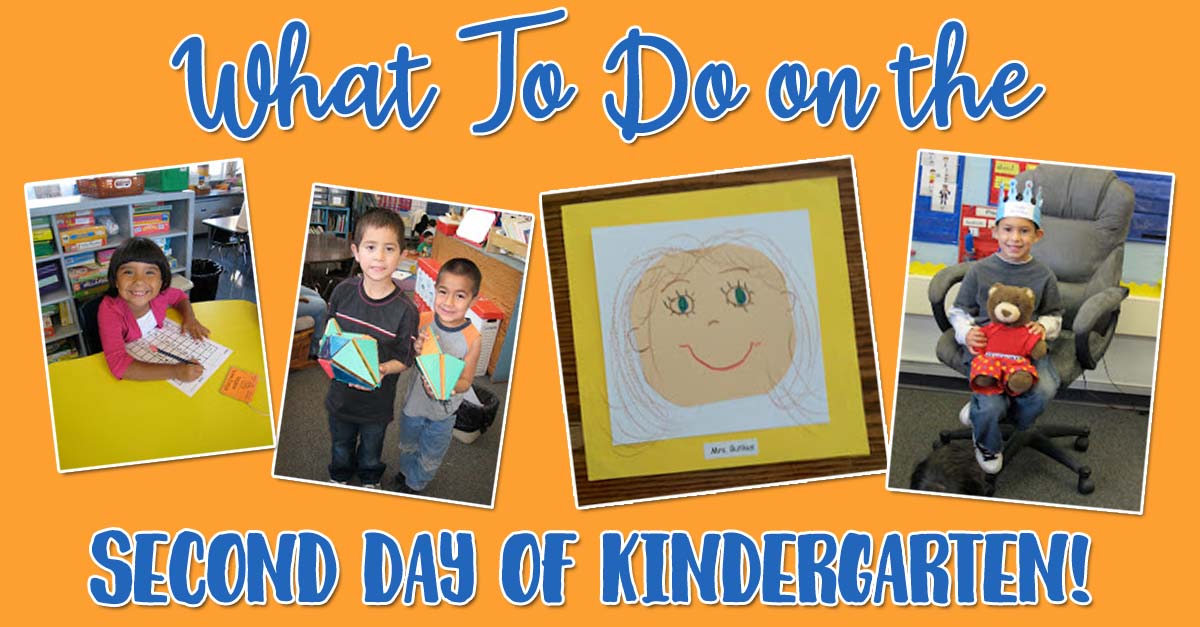
The portfolio papers mentioned in this blog post here (freebies!) are a big part of my routine, so if you plan to do this, you will need to click over to that post and get those pages as well.
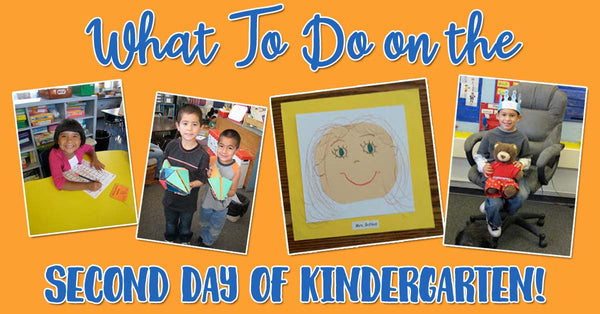
What to Do on the Second Day of Kindergarten!
The first day of school is such a big day, with tons of planning and fanfare. But what about the second, third, and fourth?? Establishing routines and procedures at this time of year will help you get through the rest of the year efficiently and happily with your students. I wrote this blog post to help you know what to do on the second day of Kindergarten, and beyond!
I outlined what I do on the first day of school quite thoroughly in a previous blog post, which you can read here. Here is what I do on the second day of kindergarten, which establishes a routine for the rest of the week. Indeed, it sets the tone for the rest of the school year!
Keep in mind that my district schedules the children to attend Kindergarten for only a half day for the first four weeks, so this is a half day schedule. I always plan on being very flexible with my lesson plans for the first couple of weeks, because you never know what types of issues will come up that will need to be dealt with right away. So anything that doesn’t get finished will just have to wait until tomorrow, and that’s just the way it is.

Kindergarten, Day Two!
8:00-8:15 – Outside Recess
8:15-8:30 – Enter classroom; take attendance. Do the flag salute. Learn about the calendar and update it.
(This may take more than 15 minutes, since it is our first day doing it. I am shooting for 15-20 minutes, though.)
8:30-8:45 – Sing the songs for numbers zero through five (from Jumpin’ Numbers and Shakin’ Shapes) that we should have learned on the first day of school. Learn the songs for numbers six, seven, and the circle song from the same CD. Learn the songs for the colors red and yellow from Sing and Spell Vol. 2.
8:45-8:55 – Read Wiggles Learns the Rules at School to review the rules and illustrate them with my dog puppet. See my blog entry on the first day of school for more details on this.

8:55-9:05 – Explain how to do the Alphabet Copy Upper Case page, and fully demonstrate the entire thing from beginning to end, verbalizing what I am doing as I go along. Example: “I am making a letter A! I start at the top and then make a diagonal line…” etc. I have found that if I only do the first few letters, many children believe that they also only need to do the first few letters! Also, if you have copied all four pages and stapled them together, then make sure they know to do ONLY the first page on top, or some will attempt to do them all. I also show them where to put it when they are done, where to put the pencil away, and how I push my chair back in. After that, is it okay that I go play with the toys in the room? NO! And believe me, I make that VERY clear. The ONLY thing that they may choose to play with when they are done with the paper is the Unifix cubes, pattern blocks, or a book. That’s it. I choose a child that I feel (or hope!) won’t cry to demonstrate this for me. I have the child make the right choice (the Unifix cubes, etc.) and I praise him for it. Then I have him make the wrong choice (dump out a box of toys) and then I put him in time out and make him sit there and watch another child play with the cubes.

This visual representation of what will happen if they disobey is very important to most children, I think. They are used to seeing and understanding (hopefully) what they watch on television rather than following verbal directions. So if you can keep this in mind when you give directions and teach, you are likely to have better success getting them to cooperate. Then, before you send them to go do the paper, show them how they will freeze when you ring a bell. All hands stop and go up, and their bodies FREEZE. Praise them for this, while a couple of children demonstrate. Make sure you choose a “rascally” child to be a demonstrator, so that both you and he know that he understands your expectations. Then have them show you how they clean up the toys, and that cleaning up doesn’t look like playing.  Then make sure they all WALK to get their papers and pencils to do the project. It helps a lot if the tables are already set with the supplies that everyone will need to do each project, so if you can manage to get it all set up before school or during a recess break, do it, or have an aide or volunteer help out with that.
Then make sure they all WALK to get their papers and pencils to do the project. It helps a lot if the tables are already set with the supplies that everyone will need to do each project, so if you can manage to get it all set up before school or during a recess break, do it, or have an aide or volunteer help out with that.
9:05-9:30 – Do the Alphabet Copy Upper Case page, and then play with the cubes, etc. Make sure that most (if not all) of the children get a chance to play with the cubes for a little while before you stop them. Praise them thoroughly if they have followed your directions at clean up time!
9:30-9:40 – Do the Zoo-Phonics cards and the Jumpin’ Numbers and Shakin’ Shapes cards. Then sing the songs for the letters A and B from Singable Songs for Letters and Sounds.

9:40-9:45 – Explain how to make a birthday crown. I fully demonstrate the whole project, from beginning to end, and verbalize what I am doing as I go along. I buy my crowns from Discount School Supply. We paint them with Liquid Water Colors and then glue on some rhinestones. After that, we put on some happy birthday stickers that I print out on address labels. I always make a couple of extra crowns, because there are always a few new kids during the school year, and I keep these crowns for the children to wear on their birthday. They only get to take it home at that time.

Just as before, make sure that the children know what they can play with when they are finished, but make it something different this time, such as puzzles, Lincoln Logs, and Gelboards, for example. Go through the whole routine just as you did for the Alphabet Copying paper, but do it more quickly this time. They should always know what they can do when they are done BEFORE you send them off to do any project, and it should not be something that is more fun than the actual project, or they will rush through it just to get a chance to play with it.
9:45-10:05 – Make the Birthday Crown, and then clean up.

10:05 – Explain what will happen outside at recess and remind the children of the rules before they go out. Most importantly, remind them of what happens when the bell rings outside, and how they should clean up their things when it rings and then come inside, and where they should line up. Remember, many parents do NOT enforce the “time to come inside now” thing, and some children are not accustomed to an adult that means what they say the first time he or she says it! Some children are also used to arguing with that adult (or ignoring them completely) when told that playtime is over. So make it clear that this is not acceptable before you release the children to play, and what will happen if they don’t come when called. I, at least, find it very embarrassing to be the teacher whose children (or child) won’t come in after recess! So I remind them EVERY DAY for a while.
10:05-10:25 – Recess/Snack

10:25-10:40 – Story time
Before we begin story time, we address any recess issues that came up here first. Then I usually read a book such as “No, David!” or Miss Bindergarten Gets Ready for Kindergarten. There are so many wonderful back to school books- I just pick one off the shelf! Vanessa Levin’s blog Pre-K Pages has a great post on favorite read alouds this week, so check it out! All of the readers are sharing their top ten all time story books. Great idea, Vanessa!

10:40-11:10 – Playtime
I explain ALL of the rules thoroughly before releasing them to play, including reviewing the freeze bell, and what cleaning up looks like as opposed to playing. This is important! I also talk about what toys and materials are okay to play with and which ones are off limits, such as my teaching supplies. Also, we cannot dump things out and then walk away to dump out another set of toys. I review this every day during the first week of school.
I also make sure that everything that needs to be passed out to go home is in their back packs and and the back packs are zipped up and ready to go BEFORE we start playing! Yes- BEFORE! No one is in a hurry to follow directions after playtime, and you could be late dismissing the children, and you don’t want that! Use playtime as the “carrot” to make sure that you get what you want before you release them to play.
11:10-11:15 – Clean up time!
11:15-11:20 – Pass out things to go home, and talk about dismissal procedures. I always discuss again what is going to happen when I open the door and we see our parents. Will we run when we see them? NO! Do you get up if mom calls your name? NO! We wait until the teacher calls our name and only then can we go. We can NOT- EVER- leave without telling the teacher. Children are always trying to slip past me as I speak to a parent at the door. And they are so small that they can do it. And sometimes their parents are NOT out there calling them, either. NOTHING is worse than losing a child- NOTHING. So go over this thoroughly with the children, and make sure that parents understand your policy as well. Nobody leaves without telling the teacher, ever. It’s for the children’s safety.
Days Three, Four, and Five

My schedule for the rest of the week will be strikingly similar! I will be doing just about the very same thing every single day, but we will be doing a different portfolio paper each day, and sometimes more than one. I always do the story writing sample dead last, though, because it is the hardest. I try to get the name writing sample by the third day of school, because many learn this quickly and I want to document it if they didn’t know it on day one. And, that one goes so quickly that they can usually do the Visual Perception Paper as well also on the same day.

Each day has an art project to do, too. My first day project is our Self Portrait. This is a square of paper that the children cut the corners off of to form a circle. They then glue it down on a colored piece of paper and then decorate it to look like themselves. I do save these for the bulletin board, and then send them home with the entire portfolio papers on the very last day of school. They make a nice cover for the portfolio, along with a picture of the children on their first day of school. Don’t forget to take one of each child, and mark them off on a list so that you don’t miss anybody! They change so quickly, you’ll hardly recognize them at the end of the year when you look back at them.
I will also add a couple more songs each day as well: a new alphabet song each day, and a couple more number, color, and shape songs until we have covered them all. It won’t take long before each child has a favorite song, and the whole class is singing along so happily- I can’t wait to see it!
Here are a few links to some more great posts with “Back to School” types of themes. I hope you will find them useful!
What to Do on the First Day of Kindergarten
Week One: Wiggles Learns the Rules at School, The Homework Bell, Calendar Book Updates, and More!
Art Projects for the Beginning of Year in Pre-K, K, or First Grade
More Projects for the Beginning of the School Year
Morning Routines That Really Work for Pre-K and Kindergarten.
Kindergarten Schedules for Full Day K, Extended Day K, and Half Day K
What to Do When a Child Won’t Go to Time Out
Planning for Back to School Night Presentations
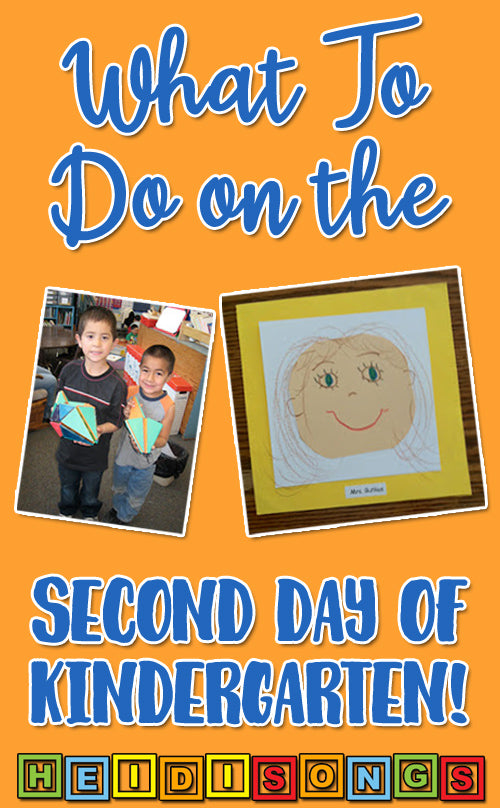
----------------------------------



